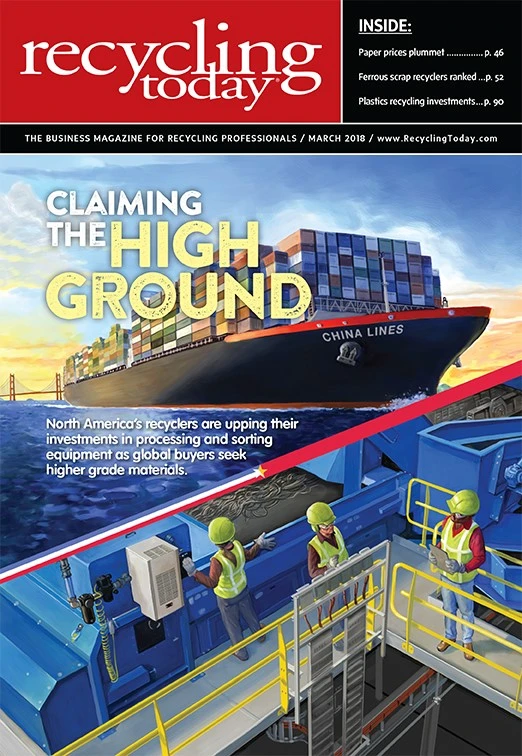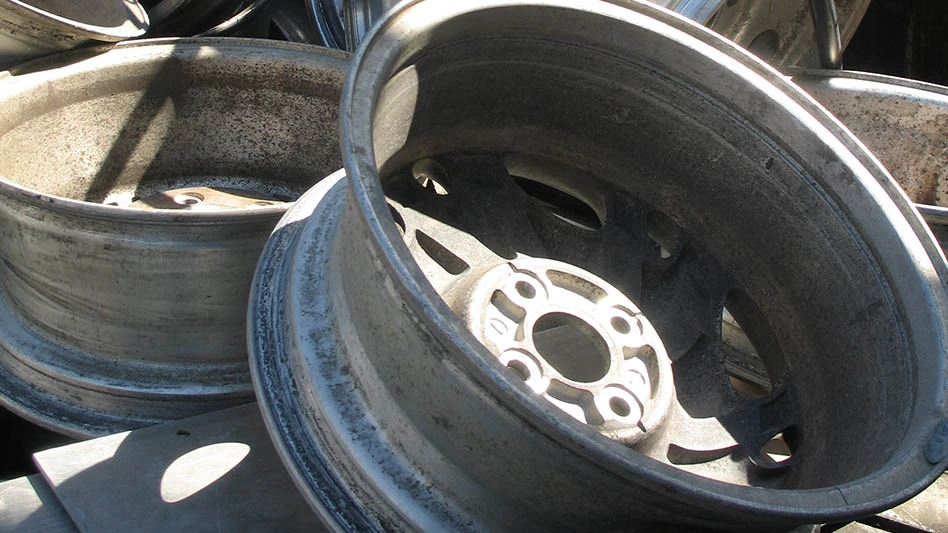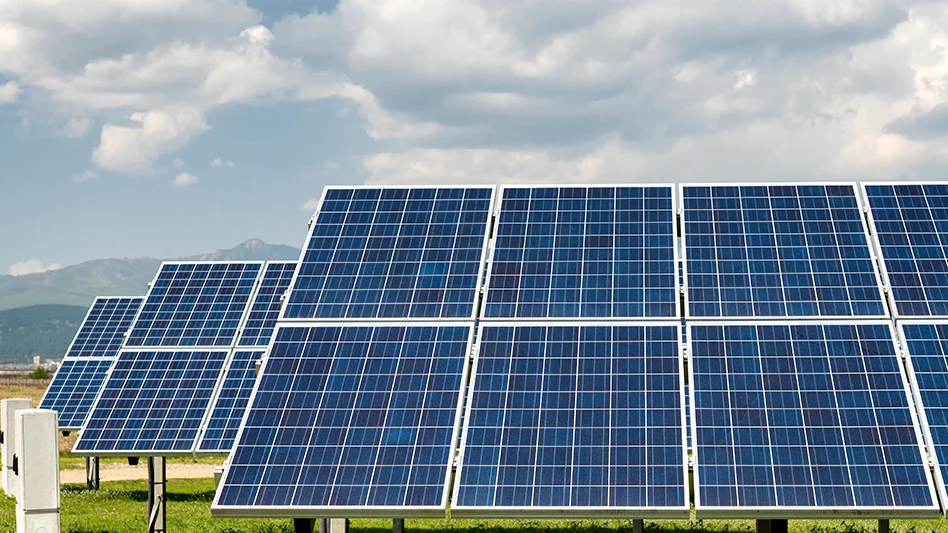
Securing a recycling yard is always challenging, but costs are rapidly compounding for the industry in light of new verified response laws and stiffening penalties for false alarm calls that are being introduced.
Municipal police forces all over the country are frustrated with the fact that 98 percent of alarm calls turn out to be false alarms. The strain on police is too great, so city governments are employing these new statutes based on the recommendations of the International Association of Police Chiefs (IACP), Alexandria, Virginia.
A quick scan of Google News for “verified response” will show you just how many cities and counties across the U.S. are deliberating or adopting these measures.
These statutes generally mean that even yards that currently have ample security may need to do a risk assessment of their facilities, especially if the yards currently rely on alarm systems alone. A verified response statute will require you to either add monitored cameras to your security package (and quite possibly a private response option) or be prepared to send an employee on-site at all hours to personally verify the threat before police will answer the call.
This situation poses a sobering challenge for recycling yards, which are vast, usually located in industrial areas sparsely populated at night and prone to crimes of opportunity. Moreover, thieves often “test” the system (and your patience) by deliberately triggering an alarm multiple times and disappearing in the hope you will think the system is faulty and shut it off, so later they can break in unimpeded.
More than one recycling yard has ended up short thousands of dollars in assets while simultaneously having a bill for one or more false alarm calls. A cop usually can write up a false alarm ticket faster than a recycling facility can do the necessary inventory to prove assets are missing.
All of this begs the question: What makes productive, economical sense to protect your yard?
Security options
Integrated layered security is the overwhelming recommendation of the security industry for scrap and salvage yards. This means the yard employs multiple security features that work in concert to prevent
The basic level of security for a recycling yard is traditionally a perimeter fence, perhaps barbed or razor wire (if city ordinances allow it), and ample lighting. These options are a good place to start as they are the most inexpensive, and, if your facility is remotely located, may prevent theft.
For yards that require more layers, alarms and CCTV (closed-circuit television) cameras have been the traditionally favored options because of their low monthly fees, which have typically run from $50 to $100. But if your municipality adopts a verified response statute, you may want to review your options before upgrading your package to include smart cameras, as well as a monitoring station with a dispatchable armed or unarmed response. Keep in mind that each private response visit will cost at least $100, which may get expensive if your yard endures regular threats.
Integrated layered security is the overwhelming recommendation of the security industry for scrap and salvage yards.
The alternative is having an employee available at all hours to go to the facility and verify the threat, but that option also contains liability issues for your company.
Finally, there is “deterrence-based” security: electric security fencing or guards. They are dubbed deterrence-based because they can defend the property immediately and contact police only as a last resort in the face of the most determined threat. These options historically have been more expensive compared with alarms and cameras alone, but with verified response statutes being instituted, they may ultimately end up saving you money as you may well end up enjoying a higher success rate in preventing theft.
Determining how many of these layers you need requires performing a risk assessment of your individual facility.
Risk assessment
There is no universal answer for how much security a recycling facility needs. Having a site manager conduct a risk assessment of the individual yard is likely the best way to determine what is required:1. In what city is the facility located? The larger the city, the higher the risk of theft.
2. Has your municipality employed a verified response requirement and/or fines for false alarm calls?
3. What is the threat level in your area? A quick call to your security vendor or local police can provide you with a risk assessment of your neighborhood.
4. How attractive is your yard to thieves? Metal recyclers and auto salvage yards face more risk because of the value of their goods.
5. How much inventory is lost per year
If the yard is considered high risk in at least three of these categories, it’s time to consider integrating deterrence-based measures. Contact vendors that offer multiple, integrated layered security services and ask for verification of their success rates against external theft. Additionally, as all security services must ultimately defer to police, you might also ask what data they can provide on their false alarm rates.
Paying for itself

Where’s the good news in all this? In the result, of course. The high rate of false alarms has affected your security for years. An alarm call from your yard in the middle of the night has always been given the lowest priority in terms of police response, which has often meant you received a copy of the police report rather than caught a thief. If your municipality requires verified response and you upgrade, you might end up with a level of security that pays for itself.

Explore the March 2018 Issue
Check out more from this issue and find your next story to read.
Latest from Recycling Today
- RMDAS April figures show recycled steel price setback
- Steer World offers PEX plastic recycling machine
- New recycling grant program launches in Massachusetts
- Tire Recycling Foundation names executive director
- Dock 7 named 2025 Exporter of the Year at New Jersey International Trade Awards
- Waste Connections reports ‘better than expected’ Q1 results
- Commentary: How EPR is transforming the packaging industry
- Acerinox names new North American Stainless CEO





